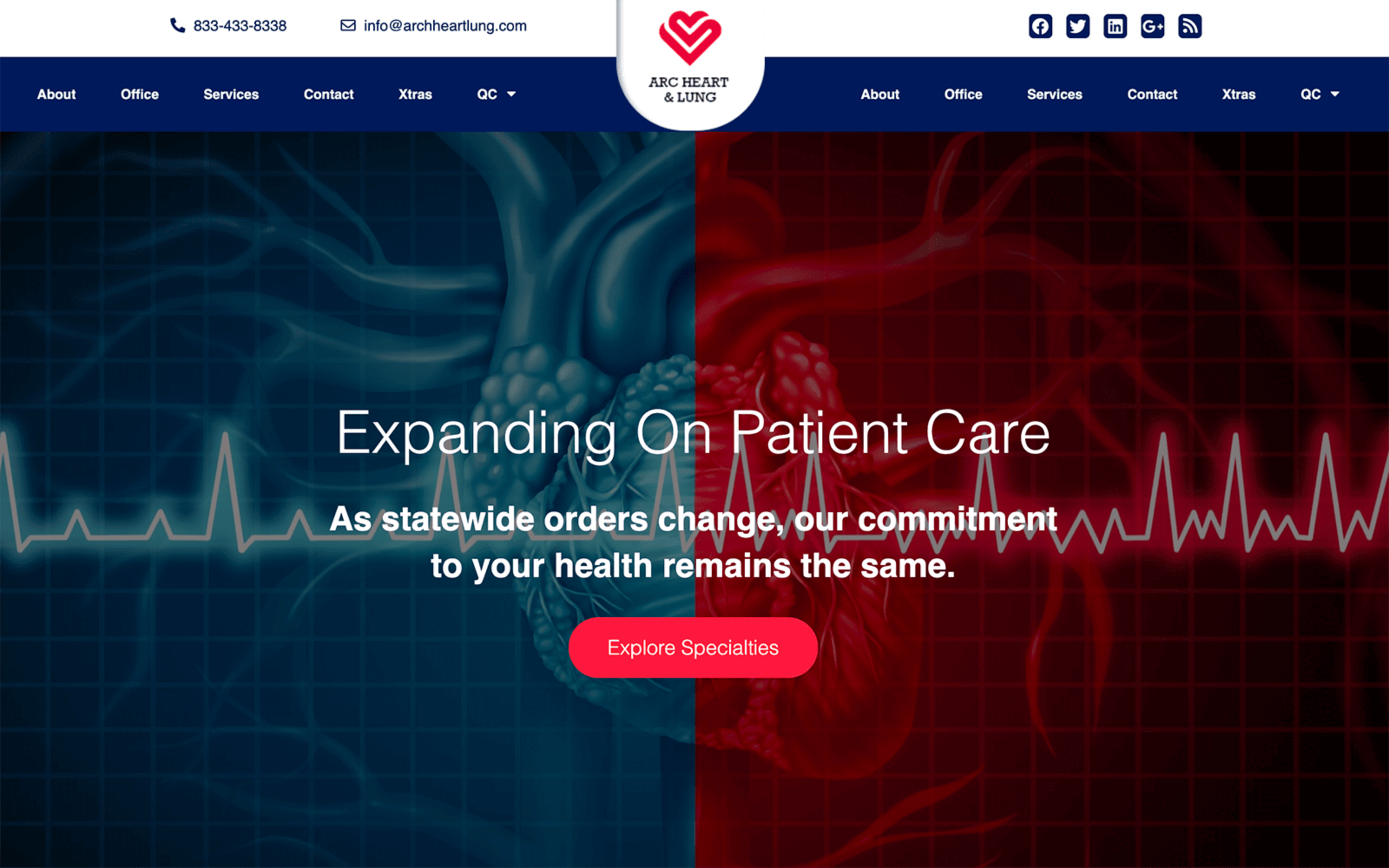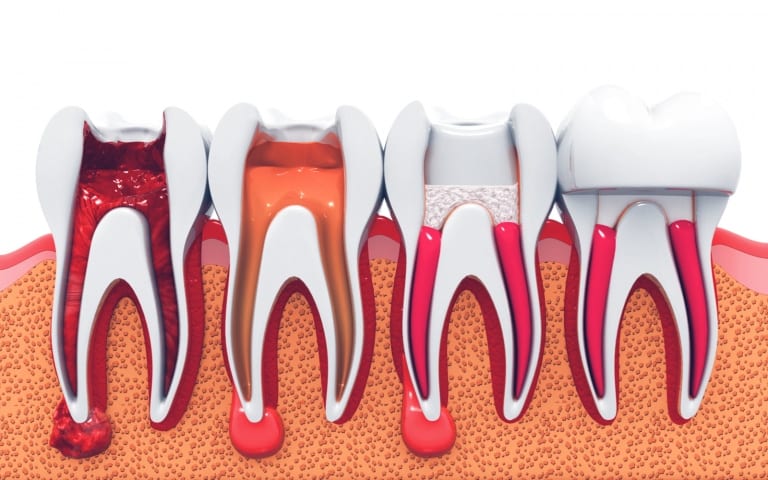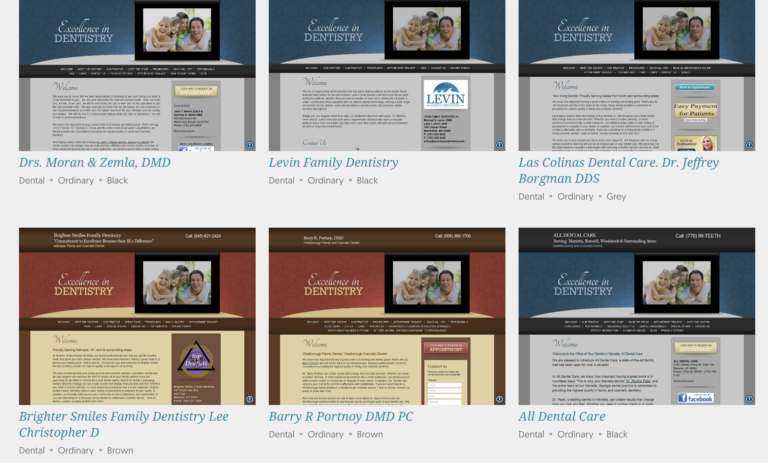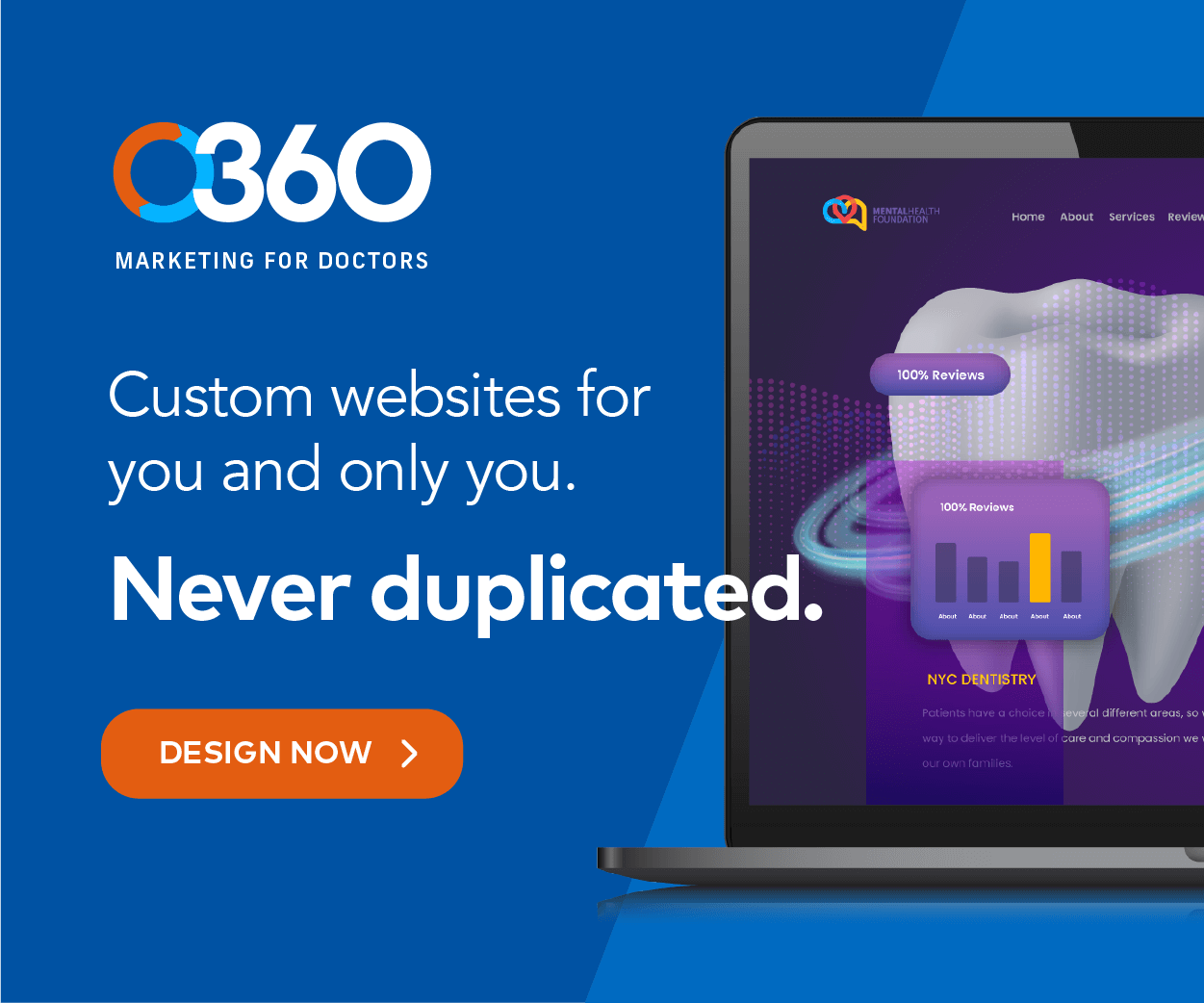Delve into the fascinating world of digital dental practice as we dissect two distinct styles of website design: Single Page Websites and Regular Multi-page Websites.
From their unique functionalities to their role in building your online patient base, we leave no stone unturned in our comprehensive analysis. In this article, we’ll compare these website design methodologies on key aspects such as user navigation, content organization, SEO potential, loading speed, and overall patient experience.

Pros and Cons
First, let’s summarize the pros and cons of each design style:
Single Page Website
Pros:
- Simple to navigate
- Concise and focused
- Easier to update
Cons:
- Limited space:
- Not as SEO friendly:
Multi-Page Website
Pros:
- More space
Better SEO - More visually appealing
Cons:
- More complex to navigate
Not as concise
More challenging to update
Important Factors for Dentists
Simplicity and User Navigation
Single-Page Websites: With all the information on one page, single-page sites offer an easy-to-navigate, straightforward user experience. They eliminate the need for complex navigation bars, buttons, and links, making the user journey seamless.
Multi-page Websites: Though more complex, multi-page designs offer well-segregated information, which can be beneficial if your dental practice offers a wide range of services.
Freelancer or a web design company? Which is better?
Content Organization and Presentation
Single-Page Websites: While simpler, it can be challenging to fit diverse content on one page without cluttering it.
Multi-page Websites: Multi-page designs can better organize a larger amount of content, each page dedicated to a specific topic, such as services, team information, patient testimonials, and more.
SEO Potential
Single-Page Websites: Single-page designs can face certain limitations in terms of SEO, as there’s only one page for search engines to index.
Multi-page Websites: Multi-page designs have an advantage in terms of SEO, as each page can be optimized for a specific keyword related to a specific service you offer.
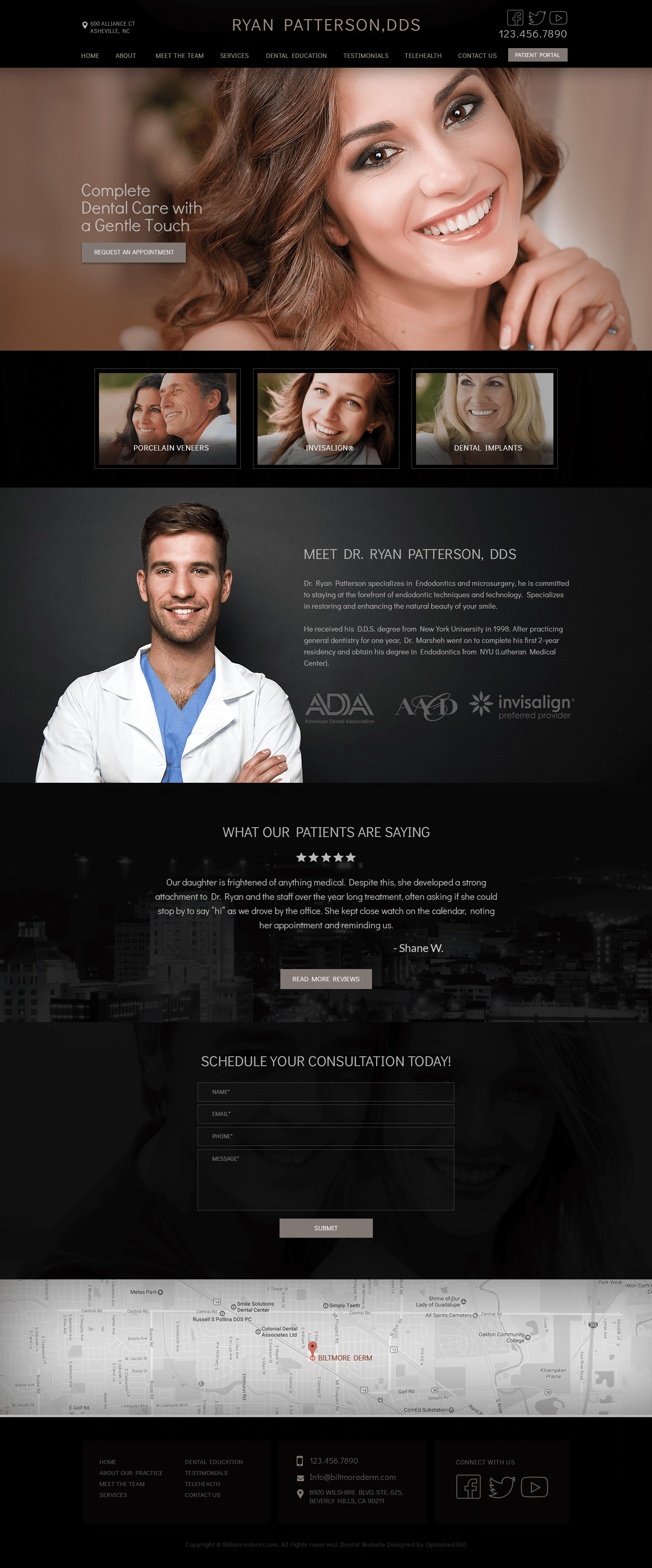
Loading Speed and Performance
Single-Page Websites: These sites typically load faster and perform better, as users don’t need to reload different pages. But simultaneously, since everything is on one page, that one page may take longer to load than individual pages on a large website.
Multi-page Websites: Due to having multiple pages with diverse content, multi-page designs can face slower loading times.
Patient Experience
Single-Page Websites: They offer a fluid experience, making them practical for storytelling and guiding patients down a specific path.
Multi-page Websites allow for a more comprehensive experience where patients can navigate the most relevant information.
Conclusion
Overall, if you run a small practice and only offer a few services, a single-page website may be worth its simplicity and low cost. For a large practice with multiple doctors and many services, a regular website with multiple pages is a better choice. You can always create a landing page that summarizes everything, but there will be more details for those who need them. See examples of multi-page dental websites.
